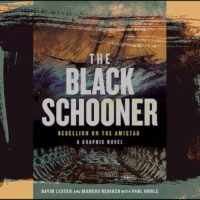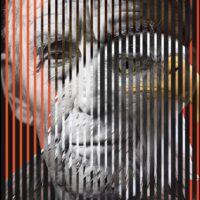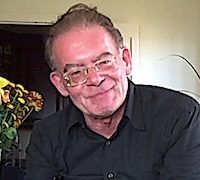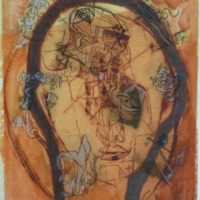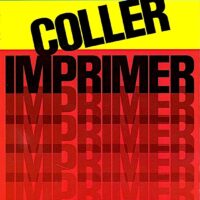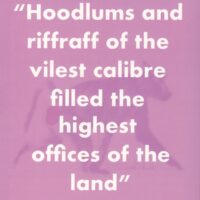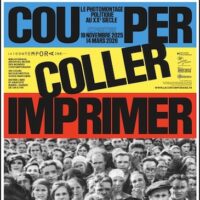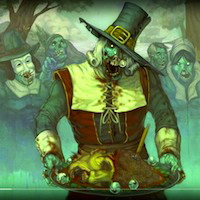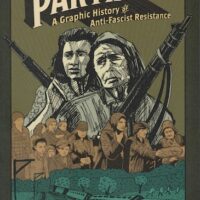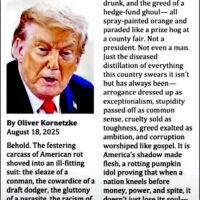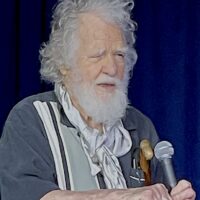Just received a masterly bilingual edition in English and German of “Slow Newsreel of Man Riding Train” by Robert Nichols. It is the latest in Stadtlichter Presse’s bilingual Heartbeats series devoted to American poets of the Beat generation.
THE BLACK SCHOONER
Amistad Slave Rebellion Retold in New Graphic Novel
Before Black History Month runs out, let’s note that David Lester has a new graphic novel in the works: THE BLACK SCHOONER. “It tells the true story of the 1839 uprising aboard the Amistad,” Lester says, and is one of a “growing number of titles depicting history from below.”
Peter Mathiessen Had Many Eagle-Eyed Identities
Among them were novelist, naturalist, fisherman, CIA spy.
Still in Memory: Carl Weissner, So Rudely Interrupted
Tonight marks the 14th anniversary of Carl Weissner’s departure. He left us unexpectedly in the late hours of Jan. 23, 2012 or in the hours before dawn on Jan. 24. His absence has not diminished among his friends, though the date of his death has grown more distant.
Author and Alter Ego Cruise a River Called America
For readers familiar with his work, it will come as no surprise that Swiss novelist Christoph Keller’s prose in English, an adopted language, has the idiomatic flare of a native speaker. Nor is it a surprise that much of his latest novel is again set in downtown Manhattan, where he once lived.
Thoughts While Not Thinking
Stealthy
quantum words
phantoms of expectation
and suicides of time
riddle us
with springs and traps.
Cut Paste Print
A History of Political Photomontage in the 20th Century
This blogpost cannot adequately display the exhaustive content and brilliant design of “Couper, Coller, Imprimer,” the richly illustrated catalogue of an extraordinary photomontage exhibition at La Contemporaine in Nantes, France (running through March 14). Even so, it is hoped that this limited attempt evokes the broad historical spirit of the exhibition while offering an edited summary of the subject by the curators, Max Bonhomme and Aline Théret, in their own words.
Quoting William S. Burroughs
A Book Designer’s Take on Political Conditions
Have a look.
Goodbye to 2025
Beneath
that commanding sky
helicopters beat the air
like motorcycles
flying by.
Cut, Paste, Print: a Graphic History of Political Montage
The exhibition opened recently at La Contemporaine (associated with Paris Nanterre University). It runs through March 14, 2026. Have a look at a few of the montages.
Stoppard Never Got the Nobel Prize for Literature
Which is remarkable, except that neither did many writers of the highest esteem. Was he considered for it? You’d certainly think so, given his record of achievement.
A Straightup Thanksgiving — It’s a Tradition
Our Thanksgiving team of William S. Burroughs and Norman O. Mustill has been a happy pairing since 2012. It still is. So here they are again, sweetened by Heathcote Williams’s words in a narration-cum-montage by Alan Cox. It’s all so delish.
Yelling His Fool Head Off
He was up early. He would not say under the cover of darkness,
because he had nothing to hide. He had something to bury. — William ‘Cody’ Maher
PARTISANS
A Graphic History of Anti-Fascist Resistance
Just in over the transom: An eye-catching collection of wartime tales of armed resistance to fascism edited by the comics writer and activist Raymond Tyler and the radical historian Paul Buhle. It’s a great teaching tool for students and for anyone else who could use a gripping introduction to the subject.
Charlie Kirk Would Not Appreciate This
In case you haven’t seen it, this is Trump in excelsis thank you very much.
The Vanity and Narcissism of an ‘Irreplaceable’ Leader
The comparison to the 47th American president is overworked but necessary. Here’s an excerpt from “Hitler’s People” by the British historian Richard J. Evans.
Charles Plymell
Sunday Service of Sun and Clouds
There was a time when Charles Plymell claimed that Bob Dylan stole his Nobel Prize. Charley was full of blustering anger in those days, calling his old friend Allen Ginsberg a phony, his publisher Lawrence Ferlinghetti a two-bit miser, and Jack Kerouac a Mama’s boy whose ‘On the Road’ he never read. In more recent years, though he still claims not to have read Kerouac, Charley has apologized for his deprecation of Ginsberg and dedicated his latest book, ‘Over the Stage of Kansas,’ to Ferlinghetti. Because it would make poetic sense, I would like to date his change of heart, not only metaphorically but literally, to the time he had a heart attack and wrote this majestic, never-published poem.


